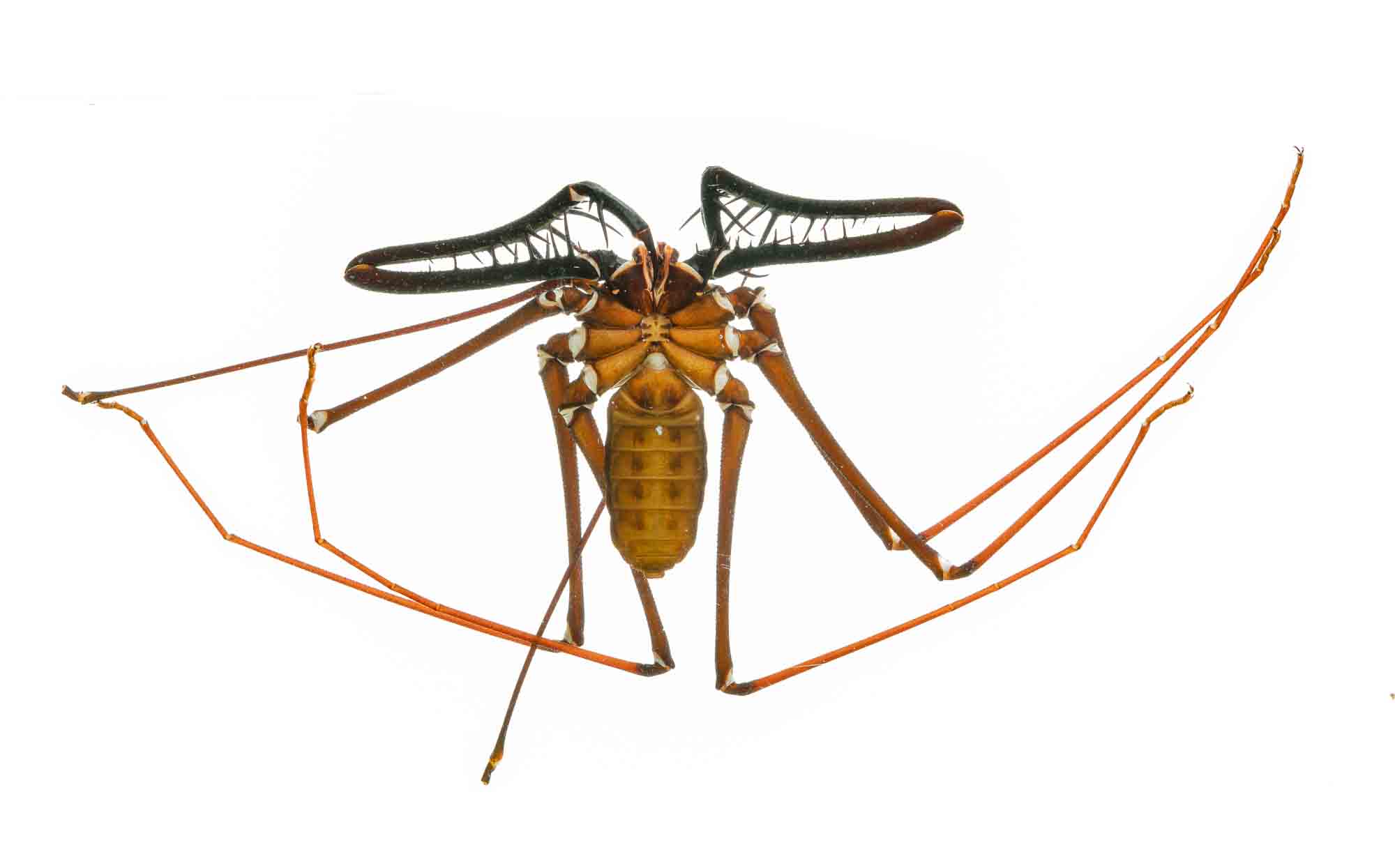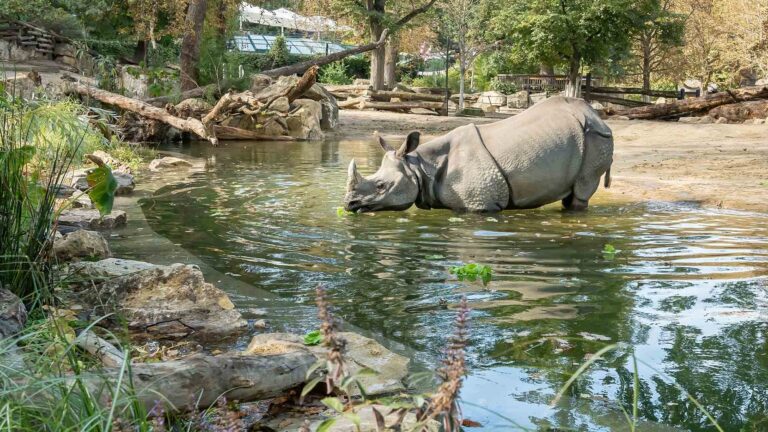Researchers in Colombia may have discovered never-before-seen species living inside a remote and untouched cave.
Expert teams from Germany’s Humboldt Institute and La Venta Esplorazioni Geografiche found various species of fish and insects living inside the unexplored caves of Caqueta, in south-eastern Colombia.
The discovery came as the group ventured into an untouched part of one of the oldest geological formations in the world with the help of the local indigenous community.
The biodiverse cave turned out to be a hidden home to numerous fish, shrimp, spiders and crickets – some of which researchers have never come across before.
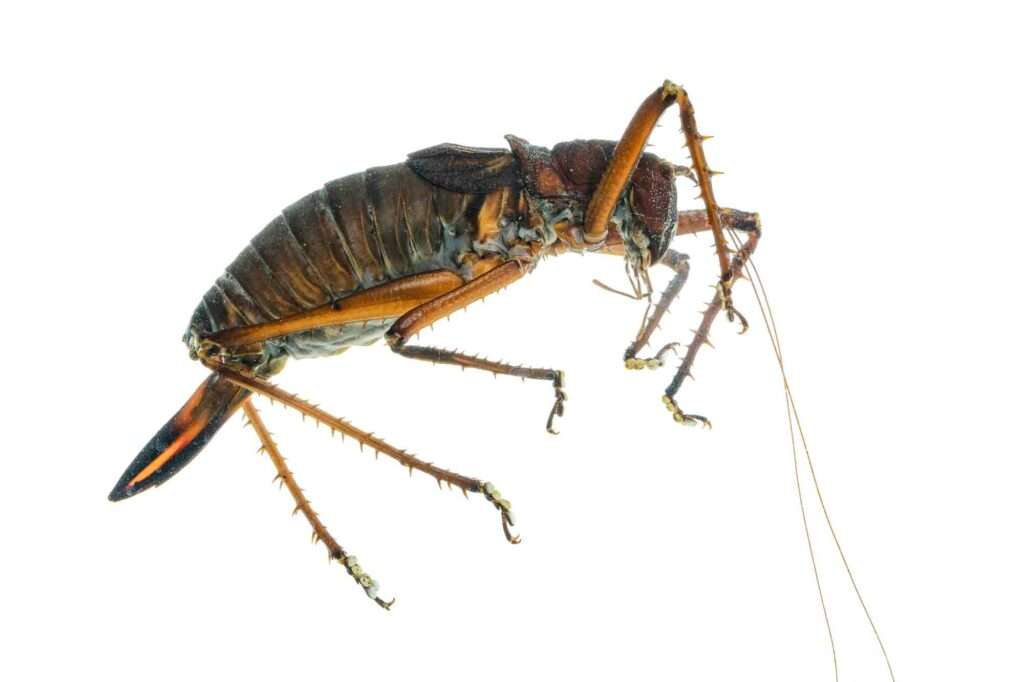
Among the cave-dwelling creatures that were discovered, boffins also found two types of fish living there.
One of them is a small electric fish – known as a knifefish (Gymnotus carapo) – only six inches long.
The other is a fish of the genus Erythrinus, a relatively small species native to the Amazon and Orinoco basins.
Samples of microscopic organisms that live in groundwater and bat and oilfish excrement were also collected from the cave.
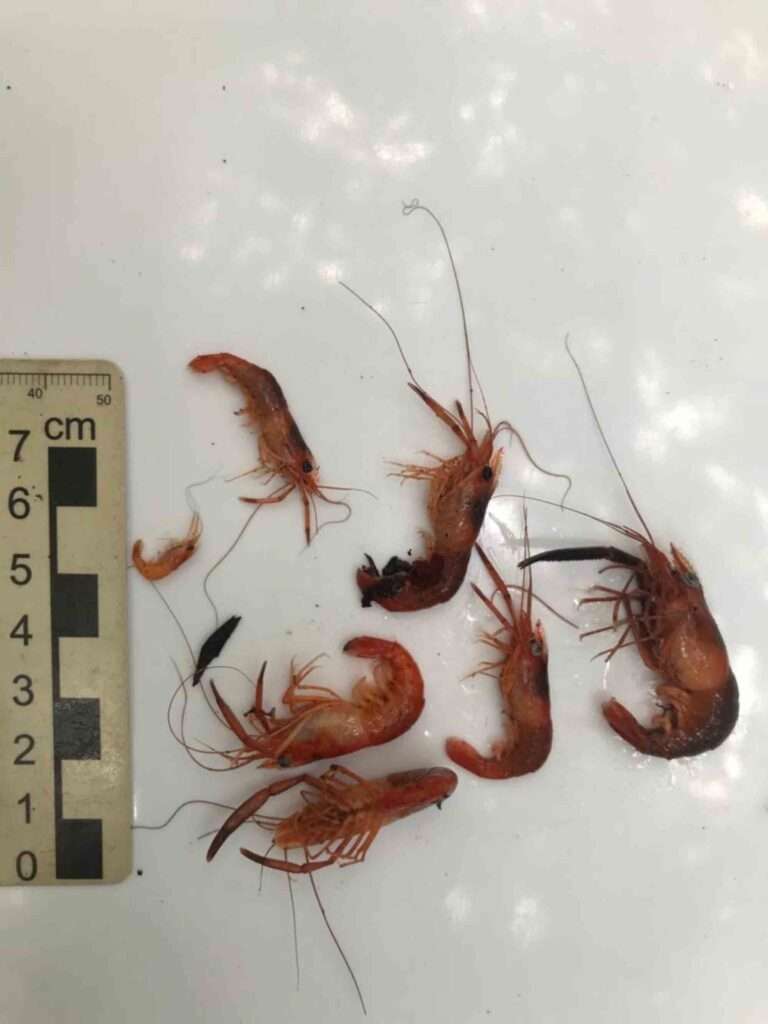
The findings have been sent to the National University of Colombia and the University of La Guajira where experts are set to determine which of the species could be new.
Carlos Andres Lasso Alcala, researcher at the Centre for Collections and Species Management, said in a statement obtained by Newsflash: “For three years we have been working hand in hand with the local indigenous authorities (Monochoa Reservation), trying to enter this area, which was not easy due to the conditions of the territory, public order issues and the fact that these caves are located about three days away from Araracuara.
“This exploration began on 21st February and we were there until 2nd March, during which time we collected very interesting biological and ecological information in these quartzite caves.”
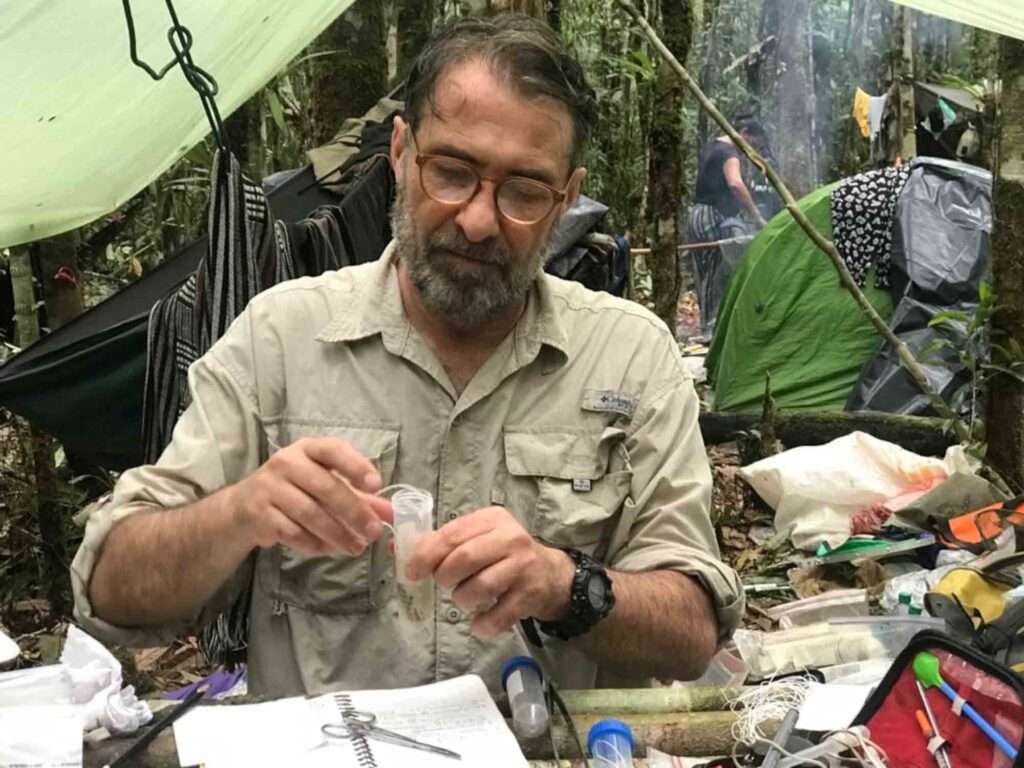
According to Lasso, the discovery could make Colombia stand out even more in terms of biodiversity.
He believes there could be over a thousand underground cavities in the country with their own ecosystems.
Lasso added: “Caverns are true laboratories of evolution.
“They are ecosystems in which the temperature and humidity are very stable; that is to say, they do not present abrupt changes as they do in external ecosystems.
“This means that the species that live there have been isolated for thousands or millions of years; which is useful for the study of evolution and even for analysing phenomena such as climate change.”
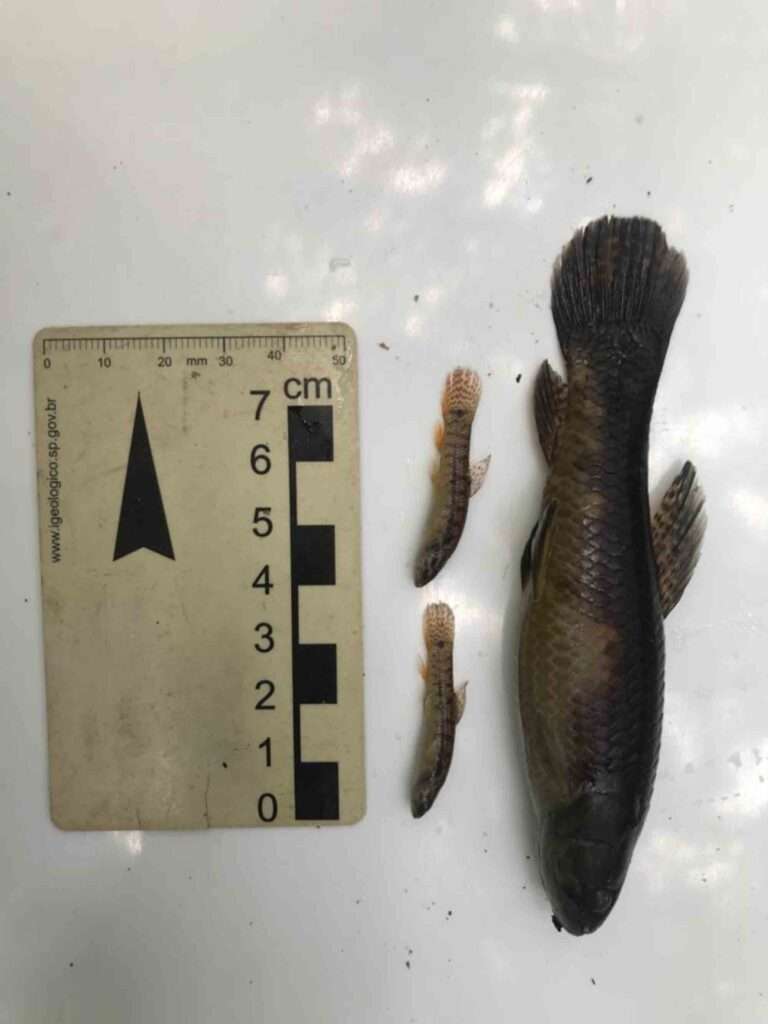
To find out more about the author, editor or agency that supplied this story – please click below.
Story By: Simona Kitanovska, Sub-Editor: Marija Stojkoska, Agency: Newsflash
The Ananova page is created by and dedicated to professional, independent freelance journalists. It is a place for us to showcase our work. When our news is sold to our media partners, we will include the link here.

